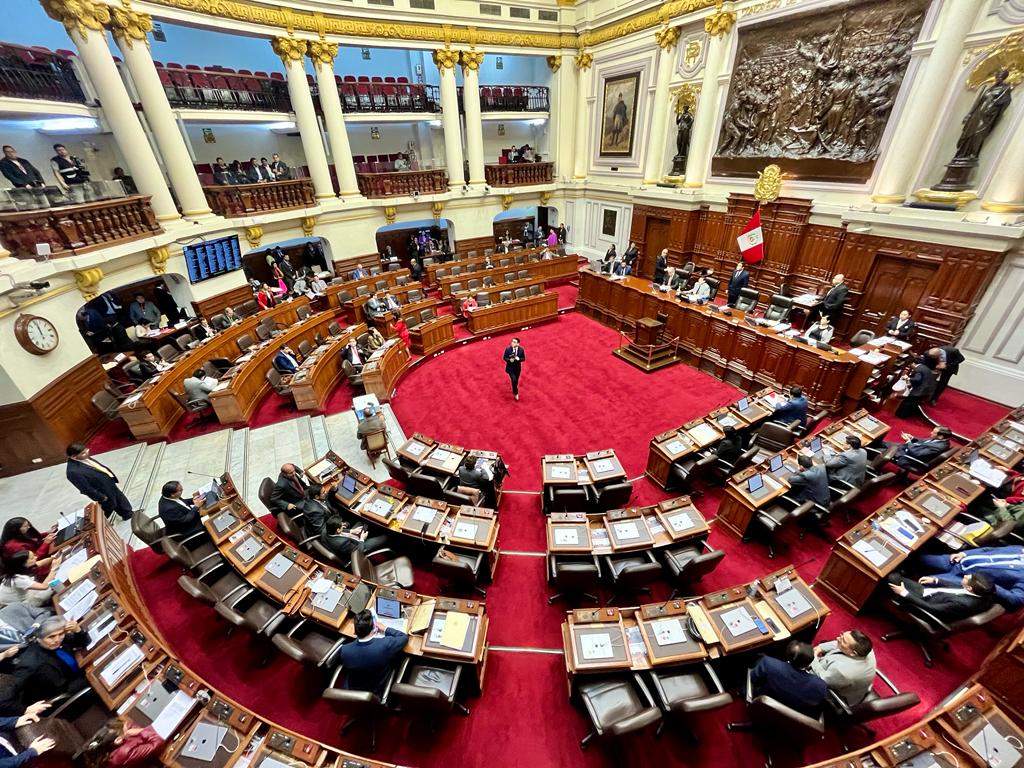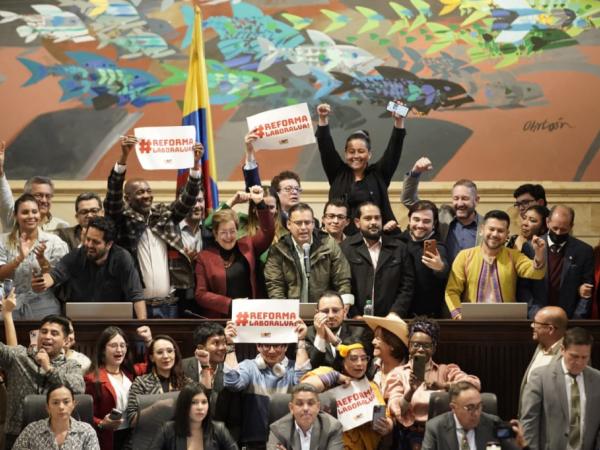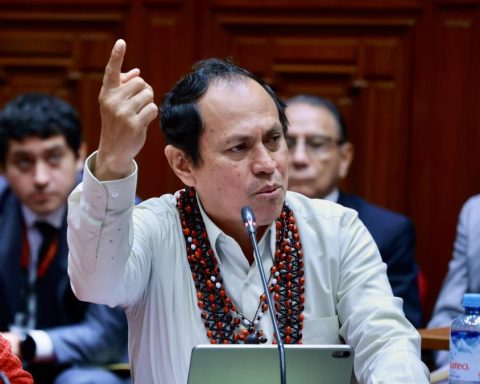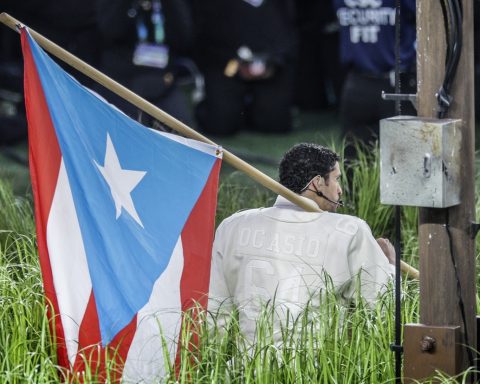T
November ends and like every year, The global scene has been filled with the same discourses around sustainability. The climate summit, Conference of the Parties (COP) 29 was held in Baku, Azerbaijan, and once again the leaders
in sustainability they traveled by private plane (the most polluting way to travel) to scold the poorest for daring to cover their energy needs with the fuel they have available. Specifically, the importance of achieving the goals of the energy transition was discussed. Rich countries continue with double talk, demanding more from lower-income countries, while failing to meet all their commitments regarding climate financing and emissions reduction. Let us remember that when the Paris Agreement was achieved, the countries rich
They committed to contributing $100 billion annually to a fund for the energy transition in developing countries, a commitment that was widely breached.
This year COP attendees committed to increasing financing for developing countries to $120 billion. These amounts are below what is needed. There is a reason why electricity generation through coal continues to increase in the world and why it is the first step of electrification that countries use. Much less initial capital is required for a coal-based electricity system than making the leap to having one based on clean energy, whether firm or intermittent. Coal plants are standardized and mass-produced, so capacity can be deployed very quickly and the transmission and distribution infrastructure requirements are much lower (three times less) than intermittent-based systems. This is the main incentive for developing countries. To leave coal behind, according to the Energy Transition Commission, investments of 900 billion dollars are required in developing countries, of which at least 300 billion dollars should come from the fund of the rich countries, in incentives for 2030 and non-refundable financing so that citizens can experience a just transition.
Assuming that all this financing is achieved, we would be talking about 20 percent of current emissions and less than 50 percent of the estimated growth in emissions by 2050. The developed world is the one that expels 80 percent of the emissions currently and the one that will be responsible for the majority of the growth in emissions by 2050. To achieve the energy transition, according to the United Nations Environment Program (UNEP), 10 trillion dollars per year in investments are required, 10 percent of global GDP. Of these investments, 1.5 trillion dollars are additional investments and 8.5 trillion are investments that are being carried out today, but that would have to be redirected to sustainable sectors, for example, financing a nuclear plant to have clean electricity, instead of financing infrastructure. natural gas.
The amounts, as we see, are gigantic, and the global context could not be more complex. The effects of a poorly planned and poorly executed energy transition attempt, as in the case of Germany, the United Kingdom, etc., have undermined the confidence of citizens and have created a mental link in which investing in energy transition is equal to deterioration. quality of life, higher energy costs and, therefore, deindustrialization and job loss. The global middle class has been affected by the crises of 2008 and 2020, a situation that has not been reversed. At the same time, rich countries experience a rejection of migration and the use of funds to support other countries. Citizens demand that they first use the funds to solve internal problems; platform shared by Donald Trump, opposition parties in Germany, the United Kingdom, France, and Canada, to name a few, who have serious chances of being elected in 2025.
The energy transition model executed until now must change. In accordance with neoliberalism, these policies are, in most of the world, led and implemented by private initiative, while the State is only reduced to providing funds, guarantees and assuming losses when there are any. Not only is this inefficient, since you end up subsidizing profits instead of investing in infrastructure, but the IP can change its mind at any time, as the oil majors, such as BP, Exxon and Shell, have done in recent months by abandon all its decarbonization goals.
In the words of Dani Rodrik, we are facing a new trilemma of the world economy, in which it is impossible to combat climate change, boost the middle class in rich countries, and reduce global poverty simultaneously, if this continues. model. It is imperative to make a global change and for states to resume their role to promote a fair and accelerated energy transition; Otherwise, we already know how it will end, Germany and the United Kingdom are two clear and strong warnings of what happens when IP is allowed to take the place that corresponds to the State.
















